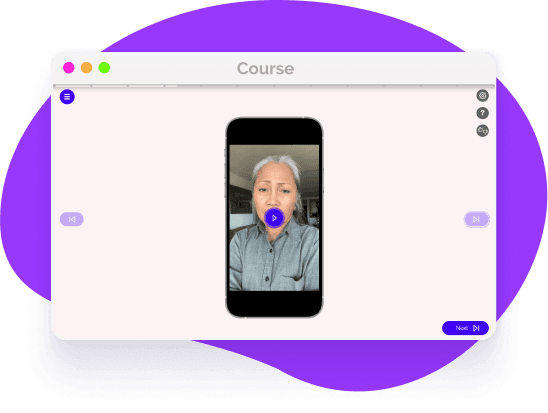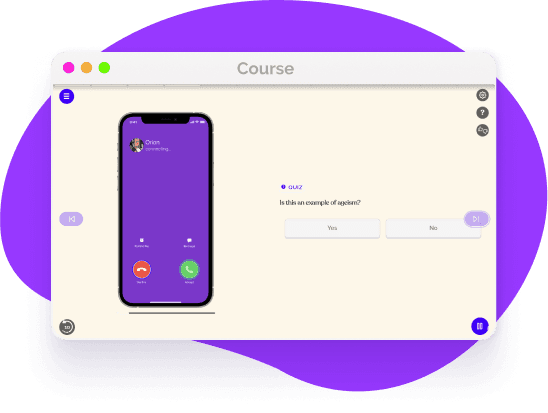The Reasonable Accommodations Process
The reasonable accommodations process is an important part of providing equitable services to individuals with disabilities. It outlines the necessary steps to ensure that all individuals receive the services and supports needed to access the same opportunities and services offered to others.

Requesting accommodations can be an important part of making sure that you have the support you need to be successful in school. Here are some steps to be aware of:
Employees must disclose the type of accommodations they need, but not the nature or severity of their disabilities, unless necessary to identify an effective accommodation.
Typically, an employee will need to make the request in writing and provide documentation of their disability and how it affects their ability to perform essential job functions. This documentation may come from a healthcare provider or an occupational therapist.
If an employee needs reasonable accommodations, they should initially inform their supervisor or manager of their request or consult their employer's internal procedures.

The interactive Process
Once an employee requests reasonable accommodations, under ADA, the employer must engage in an interactive process with the employee to determine appropriate accommodations. The interactive process involves a dialogue between the employee and employer to identify potential barriers in the workplace and explore possible accommodations to overcome those barriers.
Undue Hardship
A case-by-case analysis is needed to figure out if a certain accommodation would cause undue hardship. Here are some factors that are considered:
Here are some myths to look out for:
- -
Nature and cost of the accommodation
- -
Employer’s financial resources
- -
How the accommodation would affect the operation and safety of the company

Help Protect employee rights with reasonable accommodations training
Reasonable accommodations training can help protect employee rights by educating employers on their legal obligations to provide reasonable accommodations for employees with disabilities, religious beliefs, and other protected characteristics. This type of training can also help employers create an inclusive workplace environment, by teaching them how to provide reasonable accommodations in a respectful and effective manner.

Helping over 8,000+ organizations create a safer, more inclusive company culture
The goal of this training is to educate employers and employees on their rights and responsibilities when it comes to reasonable accommodations in the workplace.This course covers:
































